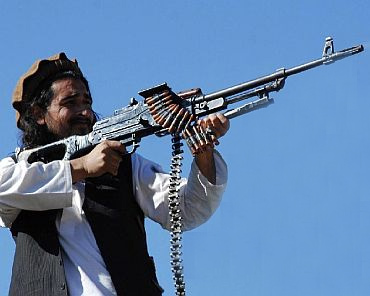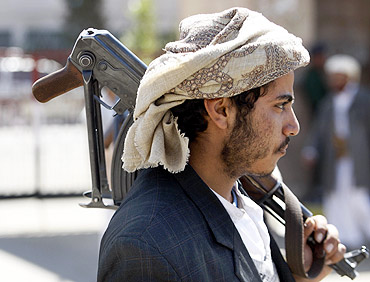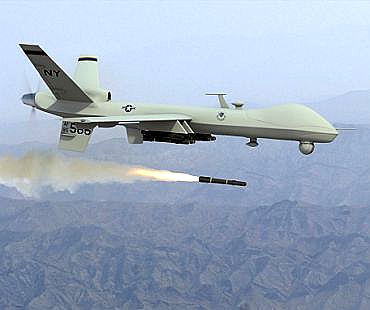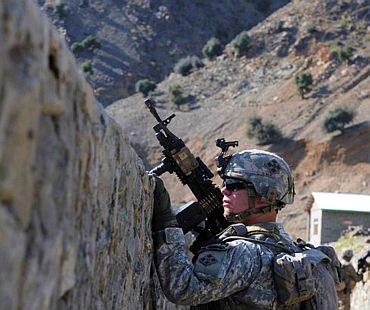


Fears that the Al Qaeda set up in Yemen might succeed in penetrating Europe and the US persist despite the recent successes of the security agencies in thwarting the plans of the Al Qaeda in the Arabian Peninsula to cause explosions in the US by smuggling in improvised explosive devices through parcels sent in international courier planes.
The lack of success of the terrorists has been due to greater alertness by the intelligence and the security agencies, public help and better trans-national co-operation. However, it would be a mistake to conclude from this that the capabilities and motivation of the terrorists have been dented. They remain strong. The flow of new recruits to the ranks of the terrorists continues. They continue to be innovative in trying different modus operandi to take the security agencies by surprise.
Just as the security agencies have learnt the right lessons from their failures which contributed to the success of the terrorists in the US on 9/11, in Madrid in March,2004, in London in July 2005, in Bali in 2002 and 2005 and in Mumbai in July, 2006, and on 26/11, 2008, the terrorists too have been seeking to learn their lessons from their failures.

The terror group is trying out various ways of smuggling in explosive devices without being detected. They relied on Arabs for their acts of terrorism in the West till 2005. Thereafter, when the Arabs found it increasingly difficult to travel unsuspected, they switched over to Pakistanis and white-skinned westerners of Pakistani origin such as David Coleman Headley of the Chicago cell of the Lashkar-e-Tayiba.
Now with the Pakistanis too facing difficulties in travel, they are switching over to Nigerians, Somalis, Bangladeshis and even back to Arabs. Some of those recently arrested in the UK are reportedly of Bangladeshi origin. In Holland, the arrested suspects were mainly Somalis. In Denmark, it was a mixed lot of Arabs from West Asia and North Africa.
The security agencies have, therefore, to keep adapting their modus operandi to counter effectively the changing MO of the terrorists. It is a battle of wits between the terrorists and the agencies. In this battle, the agencies have had the upper hand till now. It will be unfair to expect them to have the upper hand all the time.


Unless an effective answer is found to end this complicity, the danger of the terrorists succeeding in another act of mass casualty terrorism will always remain. Only the US is in a position to find an answer to this complicity. The first step in the exercise to find an answer is to end its romanticism of its relationship with Pakistan. The second is to end its dependence on Pakistan for the logistic supplies to the North Atlantic Treaty Organisation forces in Afghanistan.
China will be a problem in the search for this answer. In the event of the US deciding one day to be tough with Pakistan, China will ensure that Pakistan does not suffer due to the US toughness. How to counter the Chinese complicity with Pakistan in protecting it from the consequences of its inaction against the terrorists operating from its territory? That is a question which needs careful examination.